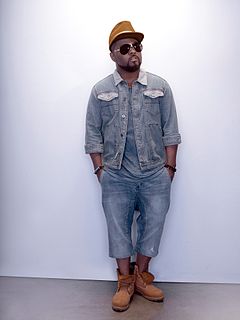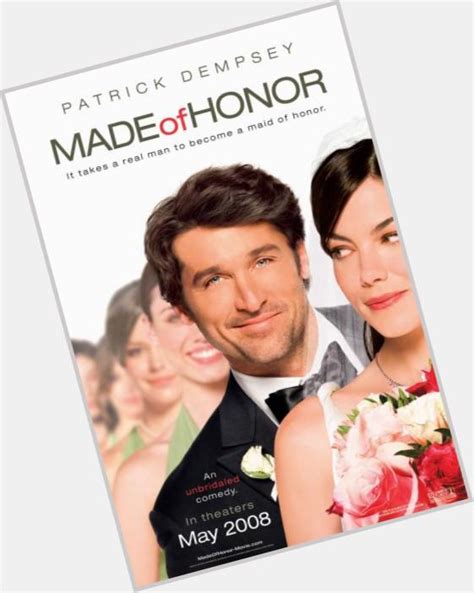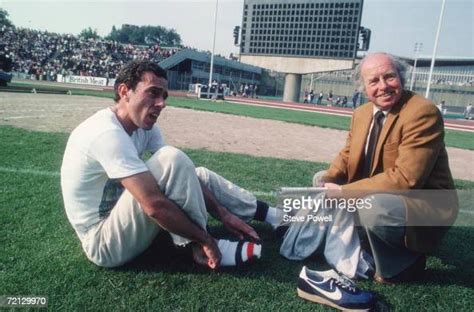A Quote by Zoe Kazan
It was very hard for me to come back to a place of feeling normal about food and about my body. And then, when I came to the other side of it, it felt like something was gone. An exorcism. I still experience the same chemical swings and moods and pain, but I'm much better at dealing with it than I was at 18.
Related Quotes
At least I like to keep it the same. That's why I've got all the same friends. That's why I go back to Leeds as much as possible. I don't know if you know much about England, but Yorkshire is a very sobering place. In the North. It's very gritty. Old mining villages. And people don't really care about celebrities up there. And it's great. And that's why I get back there whenever I can. 'Cause it keeps me very grounded, and it keeps my life very normal, whatever that is.
I think the important thing about staying creative and staying sharp and original is not to look back too much, and to kind of look to where your vision is going now. But I have felt over the years a definite progression or arc from feeling guilty about what I had done with the first one, because certainly there was all that fundamentalist guilt that came pouring back in. Feeling like I'd done something horrible, "I'm a despicable person and I'm perverse," and all these things, to a sense of the power and the necessity, in a sense, of horror films and dealing with dark material.
It [the memoir "In The Body of the World"] wrote me. I joke about it, but this book was so unusual. It just started to come out. I really feel like it came straight from my body. I think it was both an expression of what I had gone through, but also it just felt like everything had come together in my body and it needed to tell that story.
I waited for dawn, but only because I had forgotten how hard mornings were. For a second I'd be normal. Then came the dim awareness of something off, out of place. Then the truth came crashing down and that was it for the rest of the day. Sunlight was reproof. Shouldn't I feel better than I had in the dead of night.
There's so much bullying with young people and them feeling like they can't come out, and they don't know what to do. And it's something that you have to work through. And, you know, for me, it was - I came out, and then I went back in for a minute. And then I came out, and I was like, 'You know what? This is who I am.'
I can only describe it as: the whole experience was imprinted on my body. And when I started to write it, it just came from such a very, In The Body of the Worldvery physical... it just came from my body. I don't know how to explain it better than that. I guess my head was transmitting it. It was a very, very physical experience writing this book.
I would still describe myself as a hacker. I still remember feeling the magic, the sense of discovery, when I first connected to a bulletin board. It seemed like the world was somehow brighter, the greens were greener. Like I'd stepped through a portal to the other side. I knew back then that things would never be the same again for me.
It's not always a conscious thing - I've never been that artist to come to the recording session with a concept of an album; I am a lot more intuitive. I usually start with the music and try to catch a feeling, a gut feeling. And then you need to do interviews and explain yourself more, in words. But during the process it's really about the gut feeling, and it's hard to explain. You're trying to find those moods that make you feel something, I guess.
My first loan spell I was 18. I went to Crewe, and I felt I'd scored all these goals for Liverpool's youth teams and I'd go to League One and it would be the same. I quickly found out that it wasn't. It took me to come back, captain the U23 side for a year and a half to really get my confidence back.
Along with reading as much as I could about Andy, several of the real folks came in besides Andy [Hertzfeld] - Joanna Hoffman and John Sculley and Steve Wozniak all came in and spoke with us - so we had the advent of being around the real people and feeling their spirit, in talking to them about what Steve was like, what their relationship was like, and how they felt about each other.
There are places and spaces for black writers to write about race as a central thing. It's important. We're still dealing with the remnants of slavery. We're still dealing with racism on a daily basis. For me, I choose to write books about black people where we are normal. I was raised to believe that I deserve to be in a room just like anybody else. I try to write books like that.



































